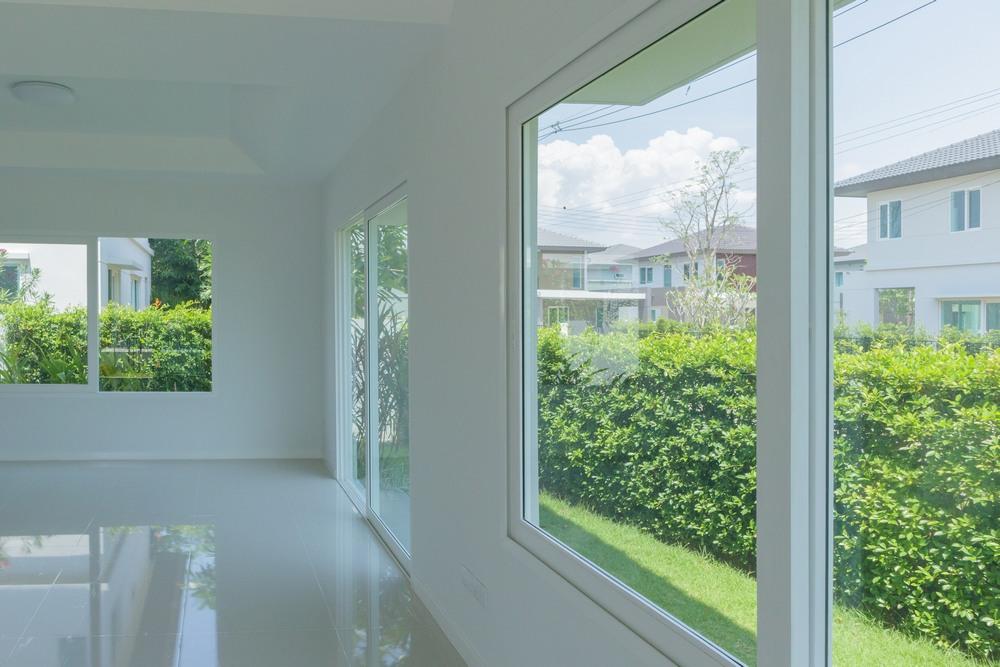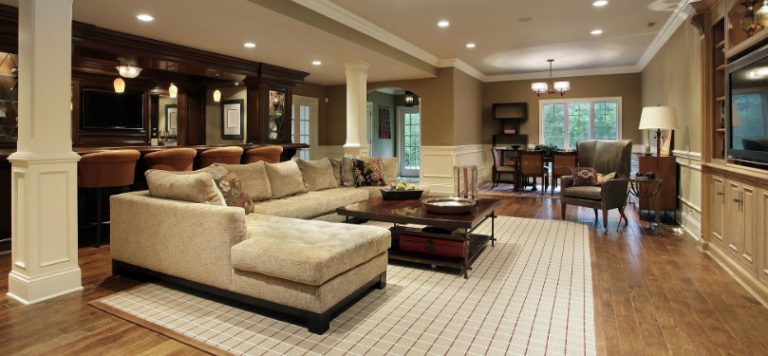
As concerns about climate change and environmental sustainability grow, many homeowners are seeking ways to reduce their ecological footprint. One effective way to achieve this is by installing energy-efficient windows and doors. These upgrades not only enhance the comfort and aesthetics of your home but also offer significant environmental benefits. In this article, we explore how energy-efficient windows and doors can contribute to a more sustainable future and reduce your home’s impact on the environment.
- Reduction in Energy Consumption
Lower Heating and Cooling Needs Energy-efficient windows and doors are designed to minimize heat transfer, keeping your home warmer in the winter and cooler in the summer. This improved insulation reduces the need for heating and cooling, which are major contributors to household energy consumption. By maintaining a more consistent indoor temperature, these windows and doors decrease the workload on your HVAC system, leading to lower energy usage.
Impact on Fossil Fuels Most energy used in homes is derived from fossil fuels, such as coal, natural gas, and oil. By reducing your energy consumption, you directly decrease the demand for these non-renewable resources. This reduction not only conserves finite resources but also lessens the greenhouse gas emissions associated with their extraction, transportation, and combustion.
- Decreased Greenhouse Gas Emissions
Lower Carbon Footprint Energy-efficient windows and doors help reduce your home’s carbon footprint by lowering energy consumption. This reduction translates into fewer greenhouse gas emissions, such as carbon dioxide (CO2), released into the atmosphere. Greenhouse gases trap heat in the Earth’s atmosphere, contributing to global warming and climate change. By choosing energy-efficient upgrades, you play a role in mitigating these harmful environmental impacts.
Support for Renewable Energy As energy-efficient homes require less energy, there is a reduced burden on the power grid. This reduced demand can facilitate the integration of renewable energy sources, such as solar and wind power, which are more variable and less predictable than fossil fuels. Supporting renewable energy through lower energy consumption helps accelerate the transition to a cleaner, more sustainable energy system.
- Reduced Resource Depletion
Sustainable Material Choices Many manufacturers of energy-efficient windows and doors prioritize sustainable materials, such as recycled glass and responsibly sourced wood. By choosing products made from sustainable materials, you support industries that prioritize environmental stewardship and resource conservation. Additionally, materials like vinyl and fiberglass are durable and require less maintenance, reducing the need for frequent replacements and conserving resources over time.
Less Waste Generation Energy-efficient windows and doors often have a longer lifespan than standard options, resulting in less frequent replacements. This longevity reduces the amount of waste generated from discarded materials and minimizes the demand for new resources. Additionally, many energy-efficient products are designed for easy recycling at the end of their lifecycle, further reducing environmental impact.
- Improved Indoor Environmental Quality
Better Air Quality Energy-efficient windows and doors can improve indoor air quality by reducing drafts and preventing outdoor pollutants from entering your home. High-quality seals and frames minimize air infiltration, keeping out dust, pollen, and other allergens. This improvement is particularly beneficial for individuals with respiratory conditions or allergies.
Less Moisture and Mold Growth By maintaining a stable indoor temperature and reducing condensation, energy-efficient windows and doors help prevent moisture buildup. Excess moisture can lead to mold and mildew growth, which can negatively impact indoor air quality and pose health risks. Preventing mold growth contributes to a healthier living environment and reduces the need for chemical treatments to remove mold, further benefiting the environment.
- Economic and Environmental Synergies
Cost Savings and Investment While energy-efficient windows and doors may have a higher upfront cost, the long-term savings on energy bills can offset this initial investment. These savings not only benefit your wallet but also reflect reduced energy consumption and lower environmental impact. The economic benefits of energy efficiency create a positive feedback loop, encouraging further investments in sustainable home improvements.
Increased Property Value Homes with energy-efficient features, including windows and doors, often have a higher resale value. Potential buyers are increasingly prioritizing sustainability and energy savings, making energy-efficient homes more attractive. By investing in these upgrades, you not only contribute to environmental sustainability but also enhance your property’s marketability and value.
Conclusion
Installing energy-efficient windows and doors offers a multitude of environmental benefits, from reducing energy consumption and greenhouse gas emissions to conserving natural resources and improving indoor air quality. These upgrades are an effective way to make your home more sustainable and environmentally friendly while also providing economic advantages. By choosing energy-efficient options, you contribute to a healthier planet and set an example for responsible homeownership. Investing in energy-efficient windows and doors is a positive step towards a more sustainable future, benefiting both your home and the environment.






